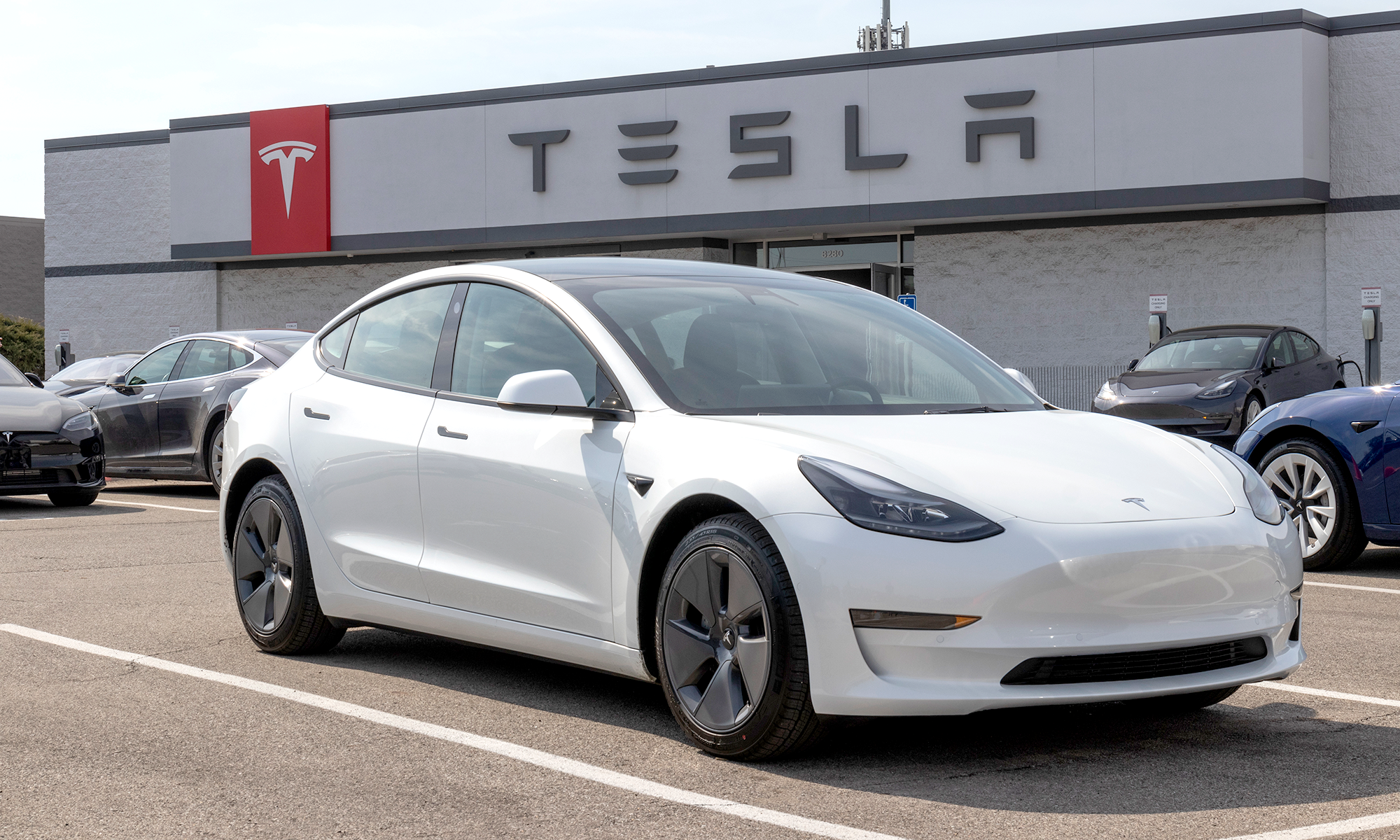Tesla is recalling over 2 million vehicles in the U.S. due to issues with its Autopilot system. The recall follows a two-year investigation by the National Highway Traffic Safety Administration (NHTSA) into crashes involving Tesla’s partially automated driving system. The defective system, intended to ensure drivers are attentive while using Autopilot, will be updated through a software fix.

The NHTSA’s investigation revealed shortcomings in Autopilot’s method of confirming driver attentiveness, leading to foreseeable misuse. To address these flaws, Tesla’s software update will enhance warnings and alerts to drivers, as well as restrict the areas where basic Autopilot functions can operate.
This recall decision comes after incidents, some fatal, occurred during Autopilot use, prompting concerns about the system’s safety. Tesla’s attempt to rectify the issues was met with skepticism from individuals, like Dillon Angulo, who sustained serious injuries in a 2019 crash involving a Tesla using Autopilot in an inappropriate setting in Florida. Angulo emphasized the need for regulatory intervention and expressed doubt about the technology’s safety on the roads.
Autopilot comprises features such as Autosteer and Traffic Aware Cruise Control. The update will limit where Autosteer can be engaged, providing alerts if the conditions for engagement are not met. The update includes increased prominence of visual alerts, simplified controls for Autosteer activation, and additional checks to prevent usage in unauthorized areas or near traffic control devices.
However, critics argue that the update is a compromise and does not address fundamental issues, such as the lack of night vision cameras to monitor drivers’ eyes. Safety advocates have long called for stronger regulation, advocating for camera-based systems to ensure driver attention, a feature present in other automakers’ similar systems.
While Tesla initially disagreed with the NHTSA’s analysis, the company opted for the recall on December 5 to resolve the investigation. The recall, affecting a significant number of Tesla vehicles, underscores the ongoing challenges and concerns surrounding the implementation and safety of advanced driver-assistance systems.
Leave a Reply